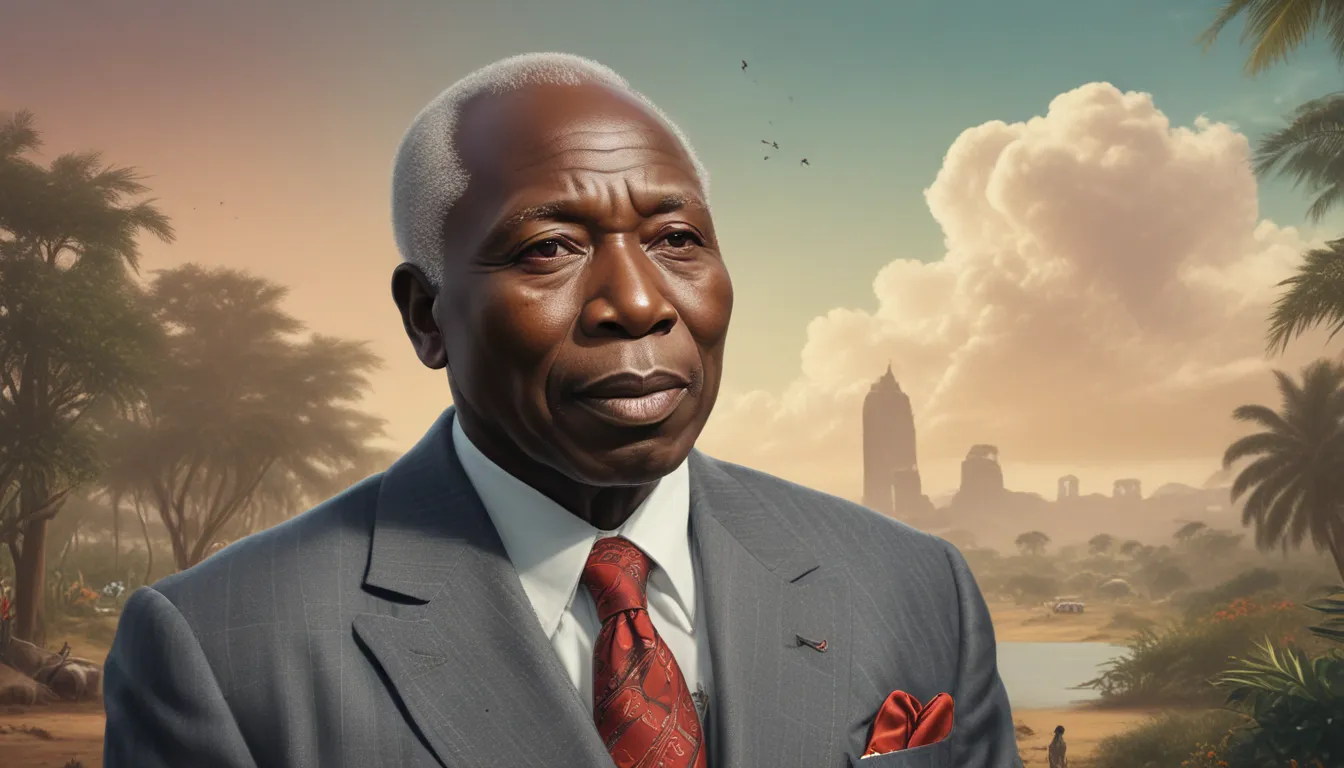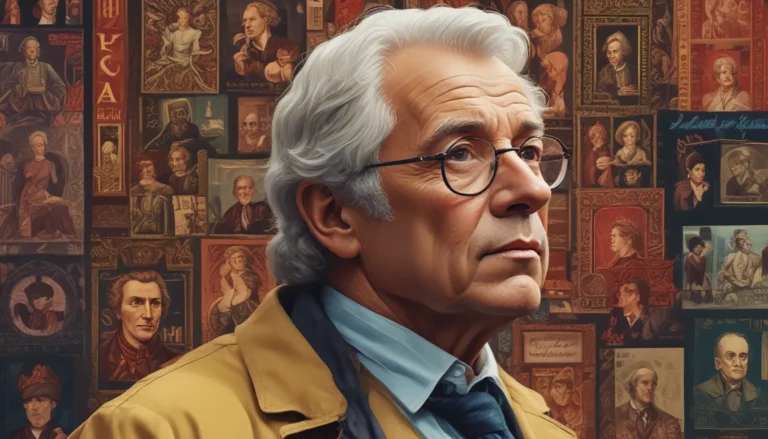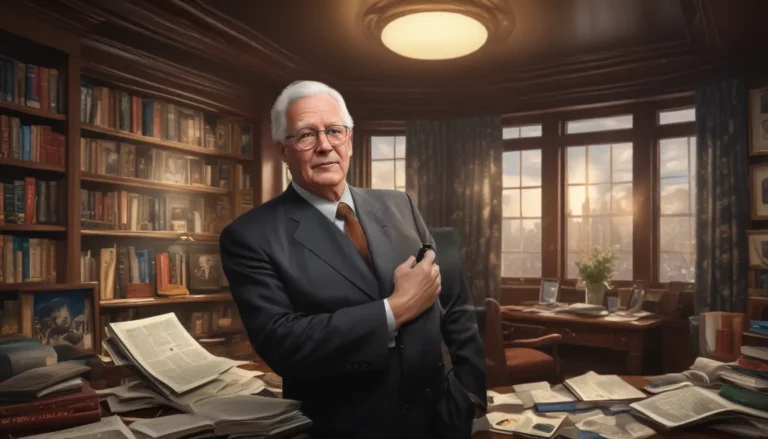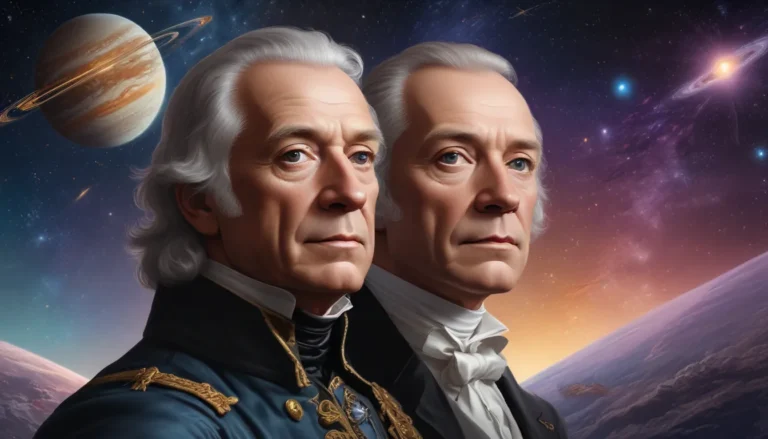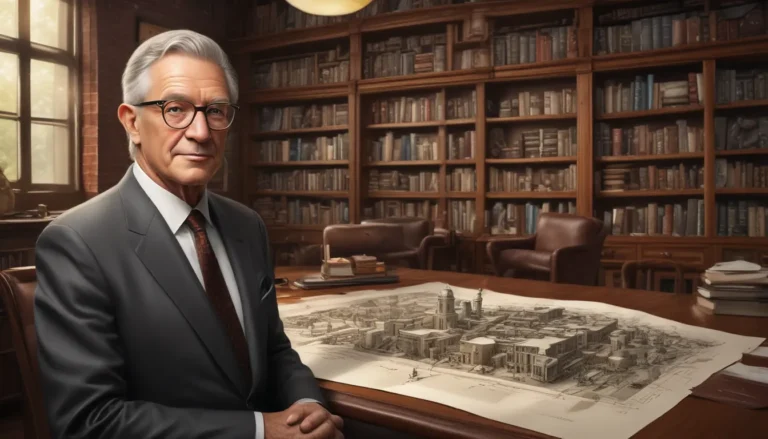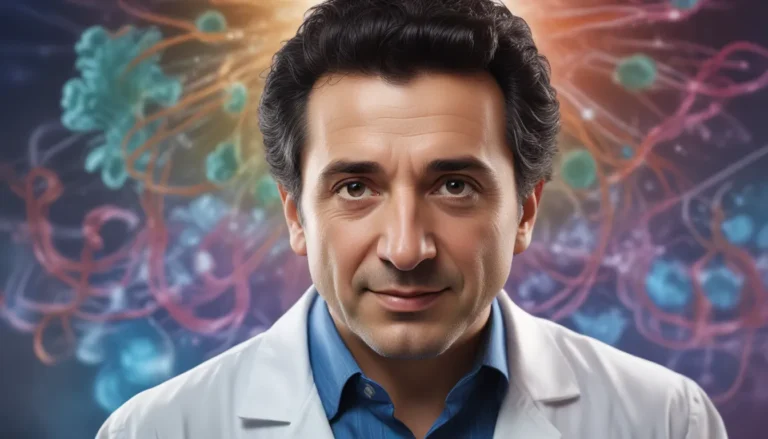The images in our articles may not match the content exactly. They are used to grab your attention, not to show the exact details in the text. The images complement the text but do not replace it.
Daniel arap Moi, the former President of Kenya, is a figure shrouded in both admiration and controversy. His 24-year rule left an indelible mark on the political landscape of Kenya, shaping the destiny of the nation in profound ways. From political reforms to economic development initiatives, Moi’s legacy is a subject of debate, with supporters praising his contributions and critics highlighting his authoritarian rule. In this article, we will delve into the life and career of Daniel arap Moi, uncovering 20 captivating facts that shed light on his persona and achievements. Join us as we explore the fascinating life of this influential leader and discover the impact he had on Kenya and its people.
Key Takeaways:
- Daniel arap Moi, Kenya’s second President, led the country for 24 years and left behind a complex legacy marked by both accomplishments and controversies.
- Moi implemented political reforms, education policies, and economic development initiatives during his time in office, shaping the destiny of his nation.
- His presidency was marred by allegations of human rights abuses and corruption, but he also focused on national unity, infrastructure development, and conservation efforts, sparking national mourning upon his passing.
Early Life and Education
Daniel arap Moi was born on September 2, 1924, in Sacho, Baringo County, Kenya. Raised in a rural farming community, he attended mission schools in his formative years, laying the foundation for his future endeavors.
Rise to Power
Moi ascended to the presidency in 1978 after the death of Jomo Kenyatta, Kenya’s first president. Holding office for a record 24 years, from 1978 to 2002, he steered the nation through times of triumph and challenges.
Political Party
A member of the Kenya African National Union (KANU) party, Moi led the political powerhouse for many years, dominating Kenyan politics and maintaining its grip on power for over two decades.
Political Reforms
Moi ushered in a new era of political openness by introducing multi-party democracy in Kenya, marking the end of one-party rule that had been in place since the country’s independence.
Education Policies
Under Moi’s leadership, education became a top priority, with initiatives like the Free Primary Education (FPE) program aiming to provide all children with access to free primary education, paving the way for a brighter future.
Economic Development
Focused on promoting economic growth, Moi’s government invested in infrastructure projects like road construction and railway network expansions, laying the groundwork for Kenya’s development.
Foreign Relations
Maintaining strong ties with neighboring countries and engaging in regional diplomacy, Moi fostered international relationships that bolstered Kenya’s standing on the global stage.
Human Rights Concerns
Moi’s presidency was clouded by allegations of human rights abuses and political repression. Critics accused him of stifling opposition voices and using security forces to quell dissent.
Famine Relief Efforts
In the face of severe drought and famine in the early 1980s, Moi initiated relief efforts to provide food and support to communities in need, showcasing his dedication to his people.
National Unity
Advocating for national unity, Moi worked to foster a sense of identity and belonging among Kenya’s diverse ethnic groups, promoting cohesion and solidarity.
Infrastructure Development
Moi’s tenure saw significant improvements in infrastructure, with the construction of highways, airports, and dams contributing to Kenya’s economic progress and development.
Peaceful Transition of Power
In a milestone for Kenyan democracy, Moi peacefully stepped down from the presidency in 2002 after reaching the constitutional two-term limit, setting a precedent for future leaders.
Conservation Efforts
Recognizing the importance of environmental conservation, Moi played a role in establishing national parks and wildlife sanctuaries, paving the way for the preservation of Kenya’s natural heritage.
Support for Pan-Africanism
A fervent advocate for Pan-Africanism, Moi championed closer cooperation among African nations to address common challenges and promote regional integration, solidifying Kenya’s position in the continent.
Sports Development
Under Moi’s leadership, sports development thrived in Kenya, as he supported various initiatives and encouraged athletes to excel on the international stage, showcasing the nation’s talent and prowess.
Health Initiatives
Moi implemented health initiatives to improve access to healthcare, particularly in rural areas. Prioritizing the fight against HIV/AIDS, he launched campaigns to raise awareness and combat the spread of the disease.
Retirement and Legacy
After retiring from politics, Moi remained active in philanthropic activities and was regarded as a respected elder statesman in Kenya. His legacy, though debated, continues to shape the nation’s narrative and discourse.
Family Life
Married to Lena Moi, with eight children, the Moi family played a significant role in Kenyan politics, with some of his children holding influential positions in government, continuing the family’s legacy.
Controversies
While hailed for his contributions, Moi’s presidency was not without controversies, including allegations of corruption and mismanagement. Despite the criticisms, he maintained a prominent presence in Kenyan politics for over two decades.
Passing and National Mourning
Daniel arap Moi passed away on February 4, 2020, triggering a period of national mourning as Kenyans reflected on his contributions and his complex legacy, underscoring the impact he had on the nation.
Conclusion
In conclusion, Daniel arap Moi’s life and career offer valuable insights into Kenya’s history and development. From his humble beginnings to his rise to power, Moi’s journey reflects a blend of triumphs and challenges, showcasing his leadership qualities and commitment to the nation’s progress. While his legacy remains a subject of debate, there is no denying the lasting impact he had on Kenya and its people, shaping the country’s narrative and trajectory for generations to come.
FAQs:
- Who was Daniel arap Moi?
-
Daniel arap Moi was the second President of Kenya, serving from 1978 to 2002, following the death of Jomo Kenyatta, the country’s first President.
-
What were some of Daniel arap Moi’s achievements?
-
Moi implemented reforms in education, healthcare, and infrastructure, while also playing a pivotal role in regional diplomacy and promoting national unity.
-
What were some of the controversies surrounding Moi’s presidency?
-
Moi faced allegations of human rights abuses, political repression, and corruption, with critics accusing him of stifling opposition voices and democratic processes.
-
How long did Moi serve as President?
-
Moi served as President of Kenya for 24 years, making him one of the longest-serving African leaders during his time.
-
What is Moi’s legacy?
- Moi’s legacy is a mix of praise and criticism, with his contributions to Kenya’s development juxtaposed with concerns about his authoritarian rule. He remains a pivotal figure in the country’s history, shaping its narrative in significant ways.
Kenya’s history is a tapestry woven with varied threads, and Daniel arap Moi’s legacy forms a striking pattern within it. His impact on the nation’s political landscape reverberates to this day, reflecting both the triumphs and challenges of his presidency. As we unravel the intricate layers of Kenya’s past, we gain a deeper understanding of the forces that have shaped the country’s narrative and continue to influence its future.
Discover More with Us
Our commitment to delivering verified, engaging content is at the core of what we do. Each fact on our platform is sourced from real users like you, offering a diverse range of insights and information. Our meticulous editorial process ensures that the facts we share are not only fascinating but credible, providing you with a trusted resource as you explore and learn with us. Trust in our dedication to quality and authenticity as you dive into the rich tapestry of Kenya’s history.
